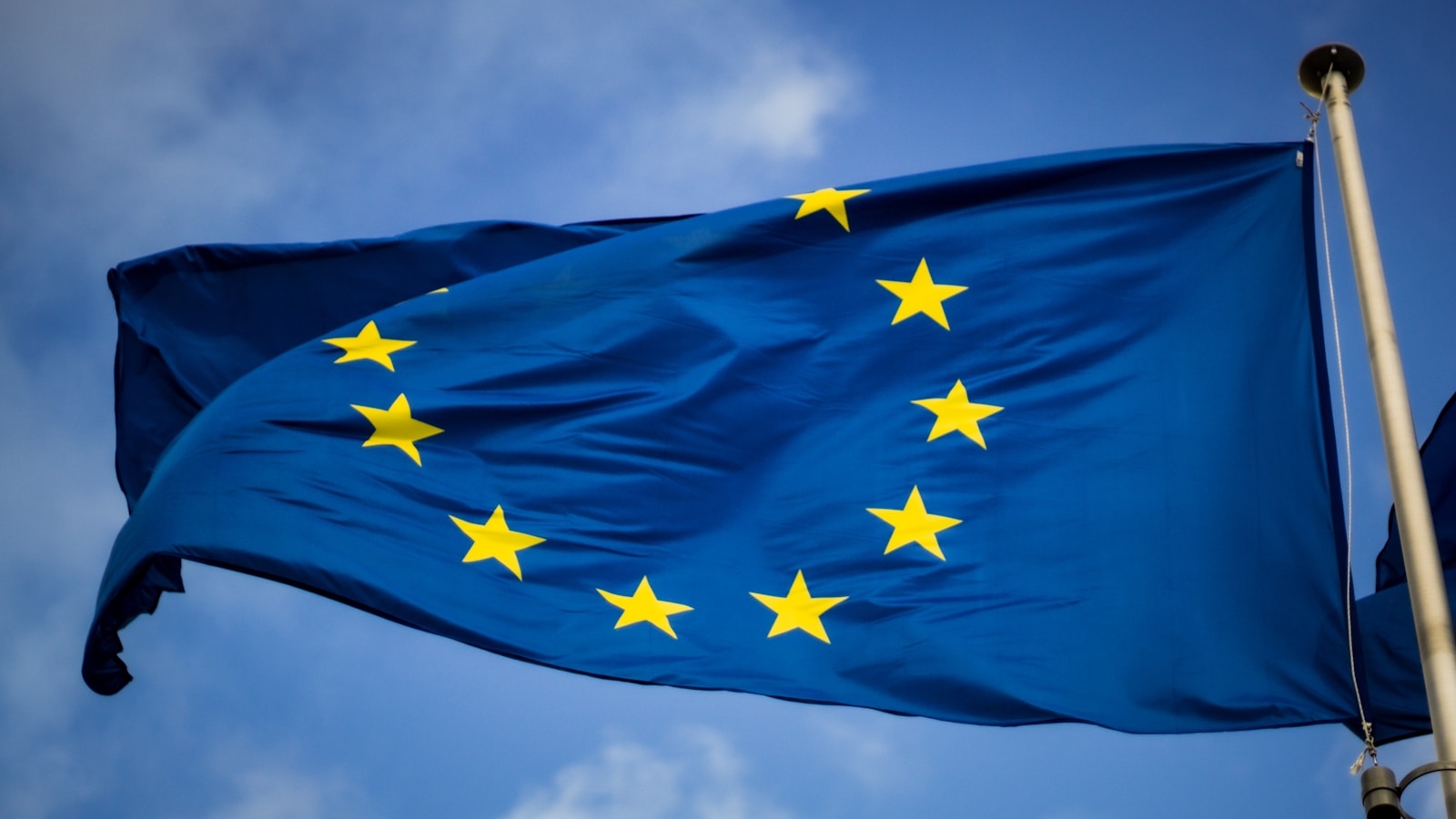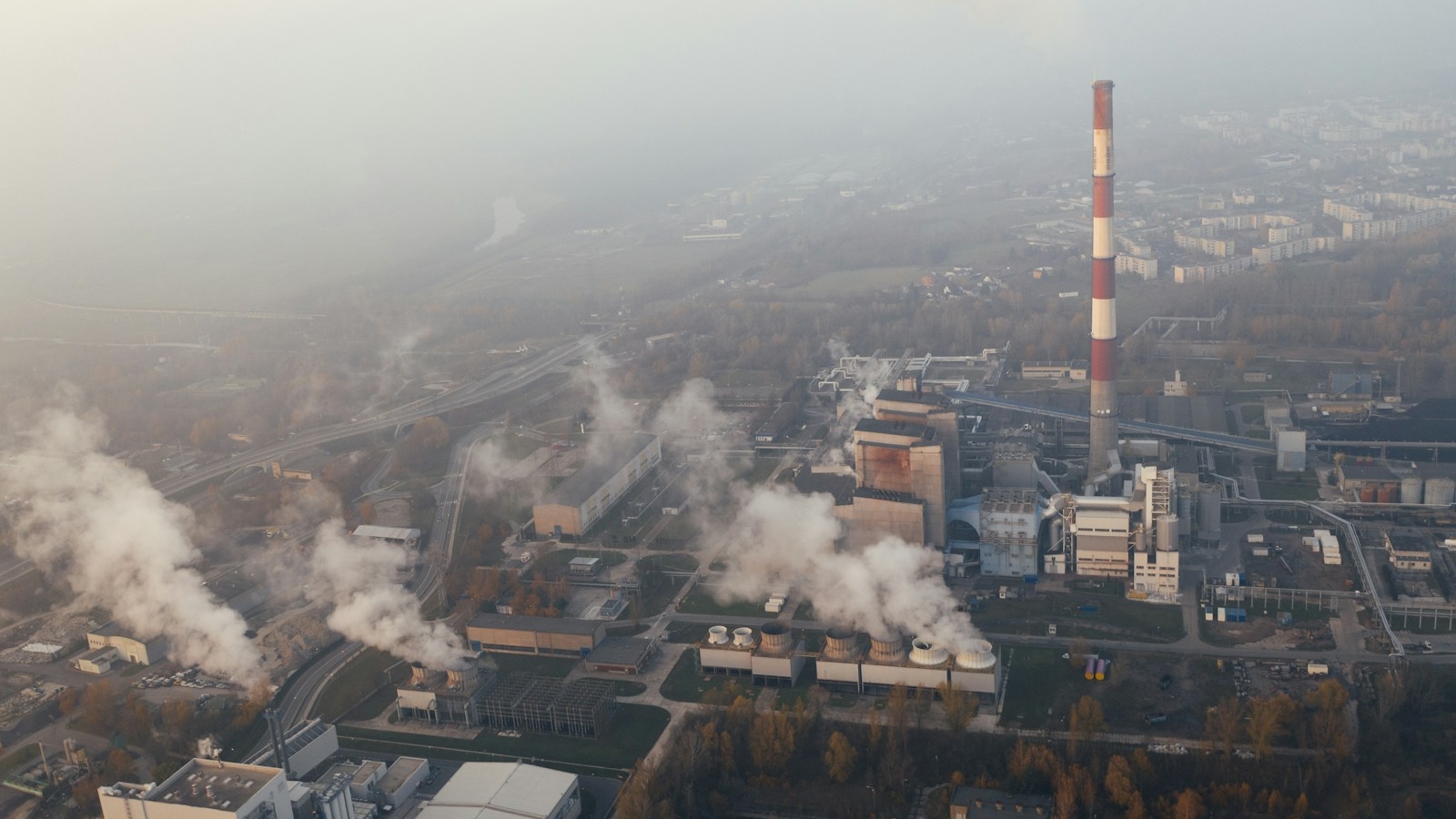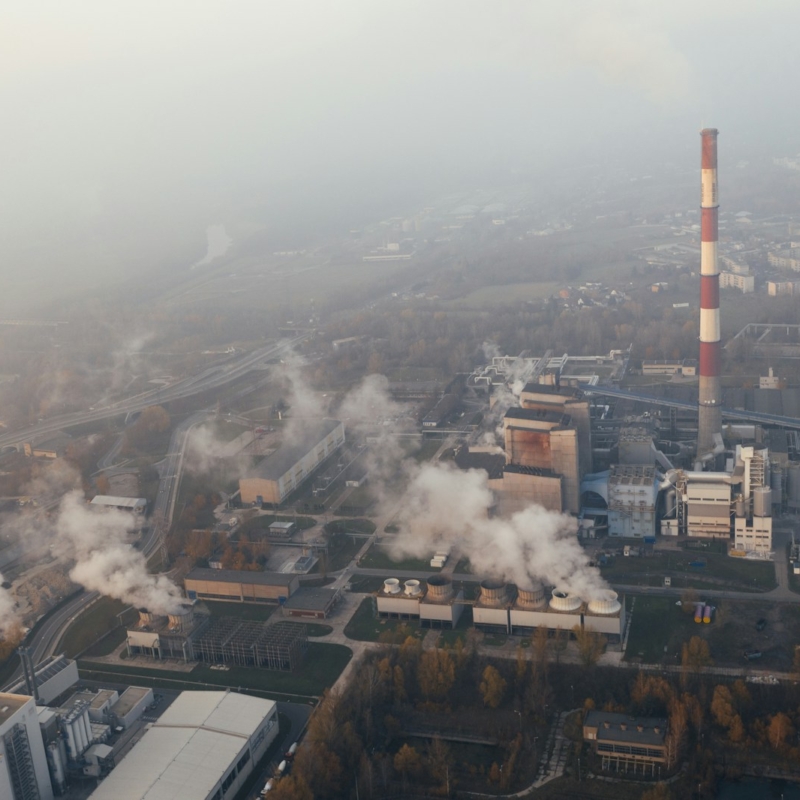Sustainable waste management at events: a guide for businesses
Events are a great way to bring people together, but they also bring waste management challenges. For companies involved in organising events, it is crucial to embrace sustainability and implement strategies for efficient waste management. In this article, we discuss how companies can integrate sustainable waste management into their events and why this is an important step for the future.
Why sustainable waste management is essential at events
Every event, big or small, produces waste. From plastic cups and food scraps to decoration materials and promotional items, the waste stream can be overwhelming. If not managed properly, this waste can have a significant impact on the environment. Consider, for example, the pollution of waterways, greenhouse gas emissions from waste incineration and the loss of valuable materials that could have been recycled.
Sustainable waste management is not only about minimising environmental impact, but also about creating value. Companies that adopt a sustainable approach strengthen their brand reputation, comply with regulations and respond to growing customer and visitor demand for eco-friendly solutions.
Strategies for sustainable waste management at events
Sustainable waste management requires a proactive and well-thought-out approach. Below, we discuss some strategies that companies can adopt to make their events more sustainable.
1. Plan waste management in the preparatory phase
Sustainable waste management starts with planning. Analyse the event's potential waste streams in advance. Consider waste from catering, visitors, logistics and decoration. By identifying this flow, you can take targeted measures to minimise and recycle waste.
Also set clear waste management targets, such as a certain percentage of recycling or waste reduction. Work with partners such as waste management companies or sustainability experts to draw up a plan in line with these goals.
2. Use reusable and recyclable materials
One of the most effective ways to reduce waste is to use reusable and recyclable materials. Choose crockery, glasses and cutlery that can be used several times instead of disposable products. For promotional items or decorations, biodegradable materials can be a sustainable alternative.
Also make sure all materials are clearly labelled so visitors know how to dispose of them properly.
3. Commit to on-site waste separation
Effective waste separation is crucial for sustainable waste management. Place waste bins at strategic locations with clear markings for different types of waste, such as plastic, paper, organic waste and residual waste. Visual and textual instructions can help visitors separate their waste correctly.
Technology can play a role here. Think of smart bins that automatically separate waste or sensors that indicate when a bin is full.
4. Reduce food waste
Food waste is a common problem at events. Work with caterers to minimise food waste. This can be done by using real-time data on visitor numbers to better fine-tune the amount of food.
Leftover food can be donated to local food banks or processed into compost. In doing so, you contribute to both sustainability and social responsibility.
5. Communicate sustainability goals to visitors
Involve visitors in your sustainability initiatives. Let them know what measures you have taken and why this is important. This can be done through signs, announcements or digital channels such as social media and event apps. By making visitors aware, you increase the likelihood that they will actively contribute to the success of your waste management strategy.
The benefits of sustainable waste management for businesses
Sustainable waste management at events offers companies numerous benefits. Besides the positive impact on the environment, there are also business benefits to be gained:
- Improved brand reputation: By adopting sustainable practices, your company positions itself as a responsible and environmentally conscious organisation. This can be a key differentiator in a competitive market.
- Cost savings: While the initial investment in sustainable waste management may be higher, more efficient processes and reuse of materials often lead to lower costs in the long run.
- Regulatory compliance: More and more countries and cities are setting stricter waste management requirements for events. By integrating sustainability, you comply with these regulations and avoid fines.
- Positive visitor experience: Visitors appreciate companies that are committed to sustainability. This can lead to a higher appreciation of the event and more loyalty to your brand.
How Eurowaste helps companies with sustainable waste management
At Eurowaste, we understand that sustainable waste management can be a complex process, especially for large-scale events. Our expertise lies in providing tailored solutions that help companies minimise waste, recover value and embrace sustainability.
Our services cover everything from waste analysis and process optimisation to providing smart technologies for waste separation and recycling. By working with Eurowaste, companies not only get access to the latest technologies, but also strategic advice to achieve their sustainability goals.
A sustainable event starts with a good plan
Sustainable waste management is essential for the future of events. It requires a combination of planning, technological innovation and collaboration with expert partners such as Eurowaste. By integrating waste management into your event strategy, you not only contribute to a better environment, but also strengthen your company's position as a leader in sustainability.
Are you ready to take the waste management strategy for your next event to the next level? Contact Eurowaste for more information and find out how we can make your event greener and more sustainable. Together, we are building a future where sustainability is key.
Question? Contact us
- Verviersstraat 2 / 3A, 2000 Antwerp, Belgium
- info@eurowaste.be
- +32 (0)3 281.33.63
- VAT: BE0458 360 434











